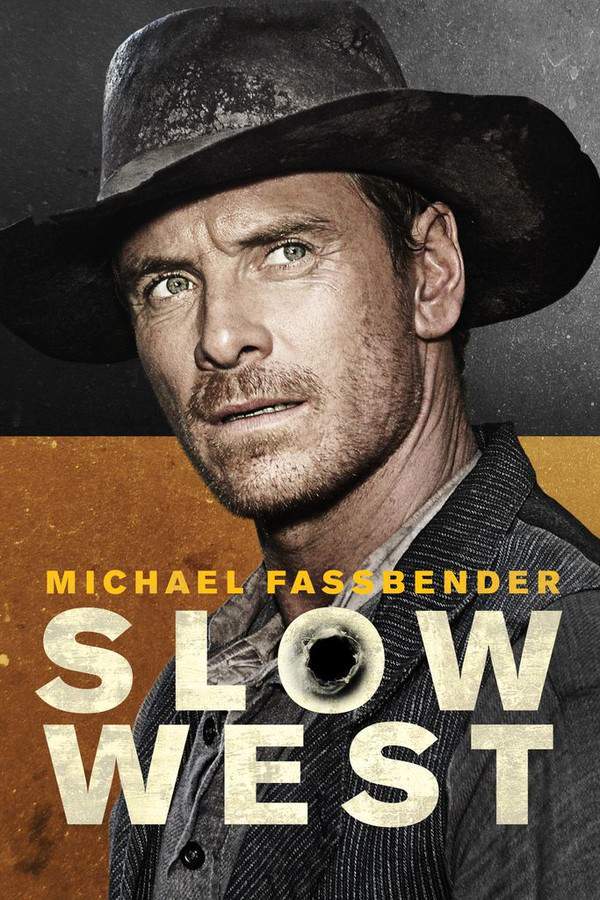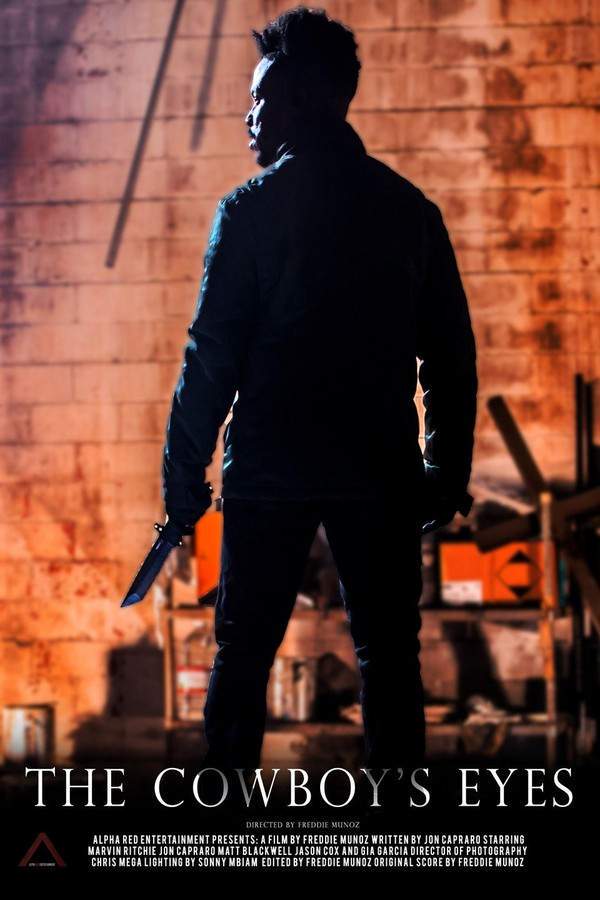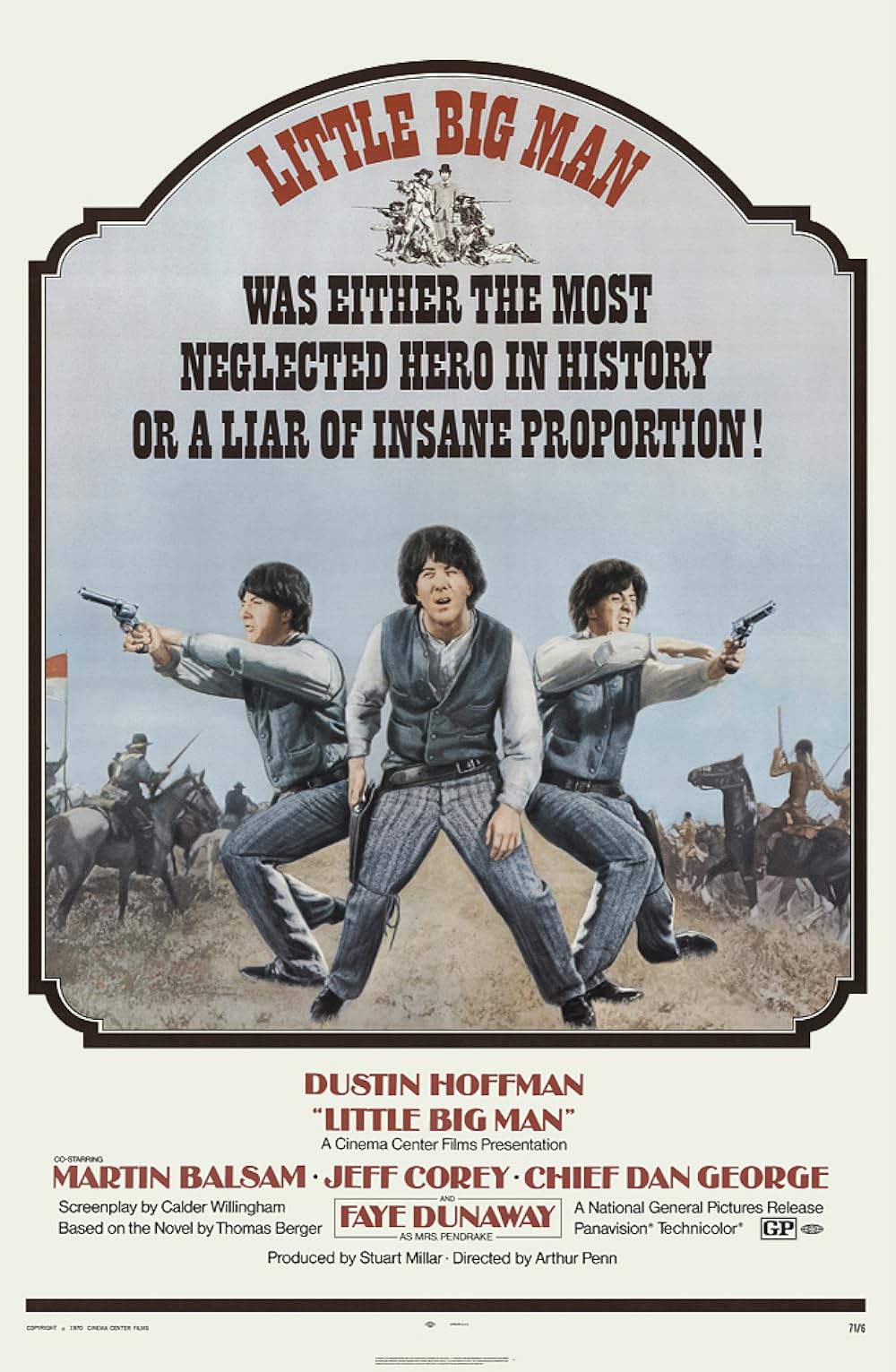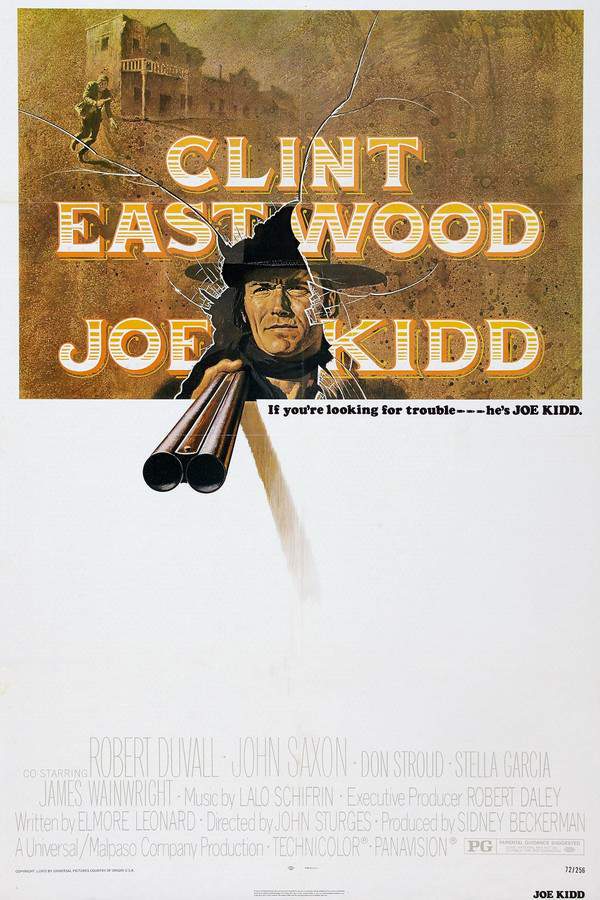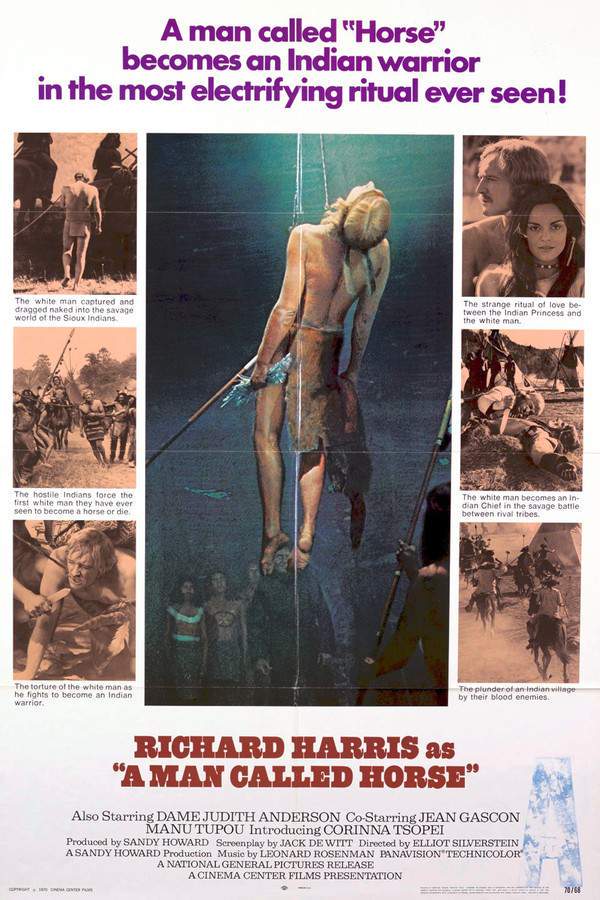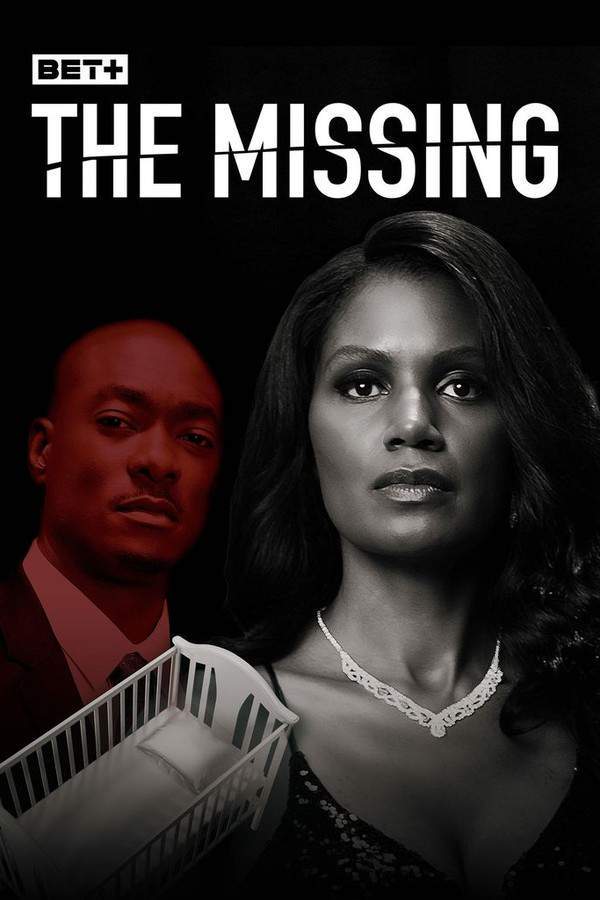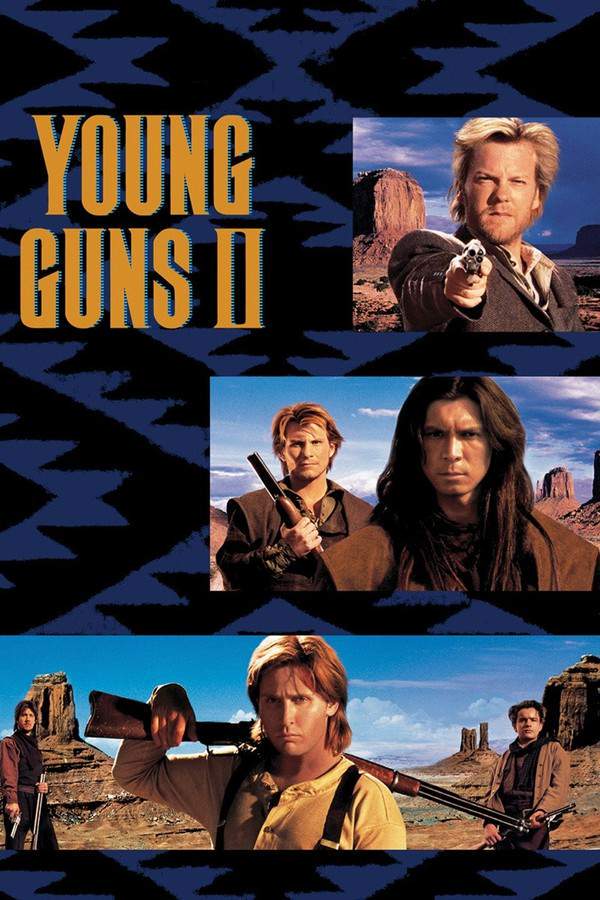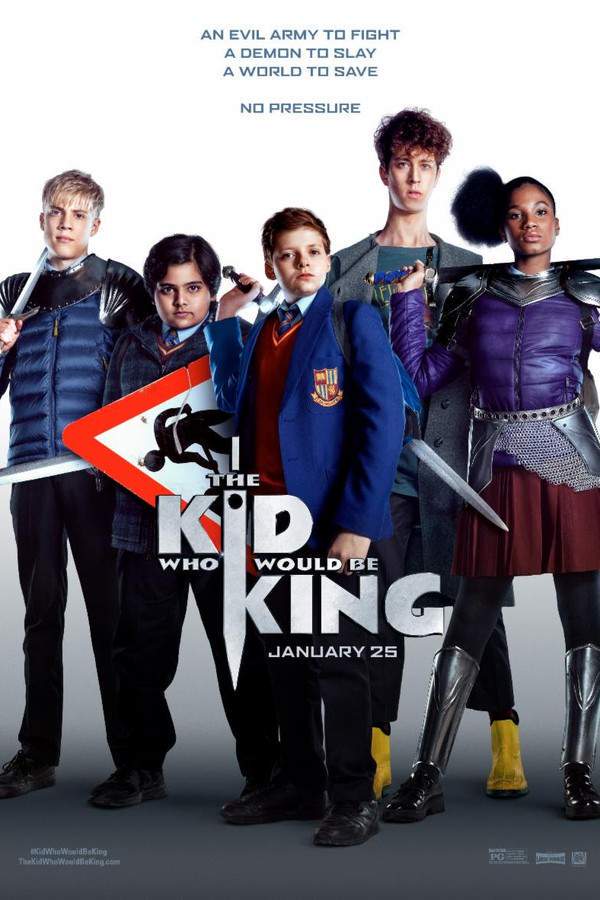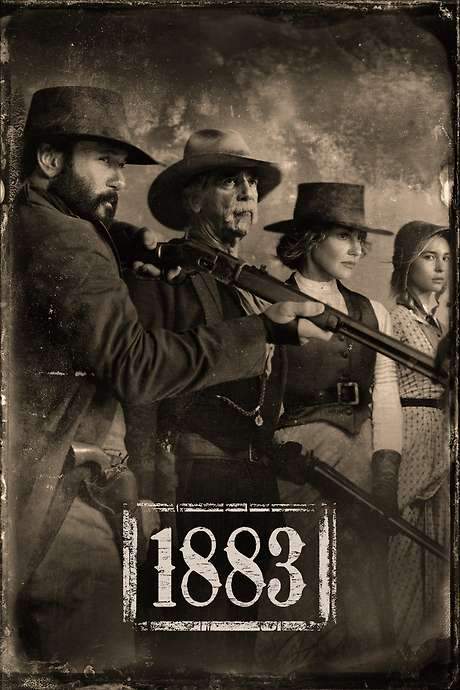News of the World 2020
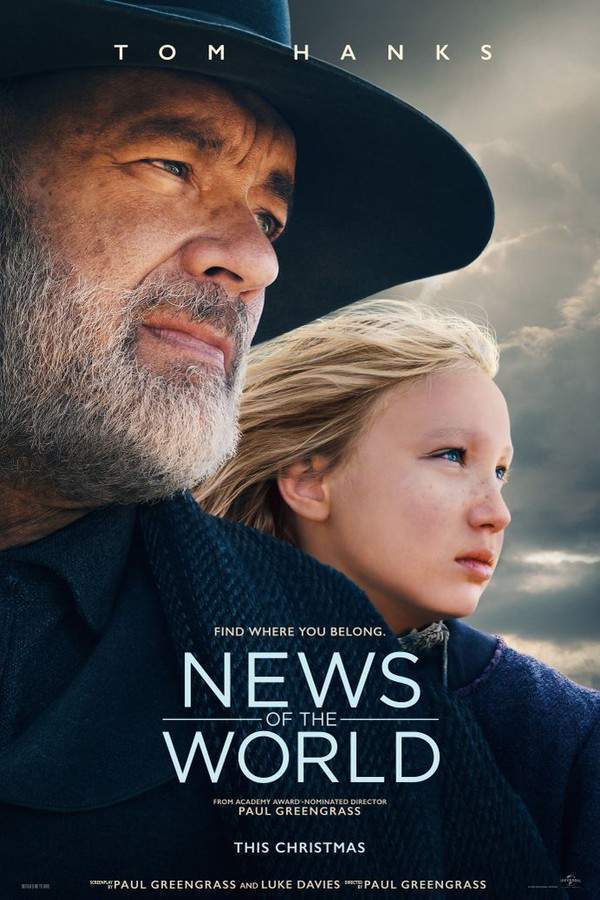
Following the Civil War, Captain Jefferson Kyle Kidd, a seasoned storyteller, takes on a vital mission in Texas. He must deliver Johanna, a young girl raised by the Kiowa people, to her surviving relatives. Their journey through a vast and dangerous landscape is fraught with peril, challenging their bond and exposing them to the harshness of a nation rebuilding itself. They face both natural obstacles and cultural clashes as they strive to reach their destination.
Does News of the World have end credit scenes?
No!
News of the World does not have end credit scenes. You can leave when the credits roll.
Meet the Full Cast and Actors of News of the World
Explore the complete cast of News of the World, including both lead and supporting actors. Learn who plays each character, discover their past roles and achievements, and find out what makes this ensemble cast stand out in the world of film and television.

Tom Hanks
Captain Kidd

Annacheska Brown

Helena Zengel
Johanna

Thomas Francis Murphy
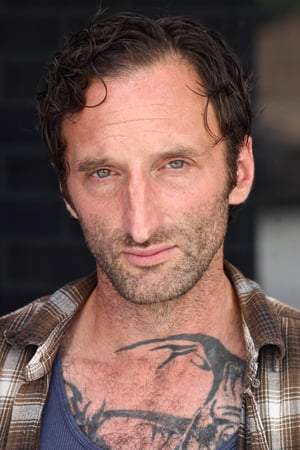
Clint Obenchain

Fred Hechinger
John Calley

Mare Winningham
Doris Boudlin

Elizabeth Marvel
Mrs. Gannett
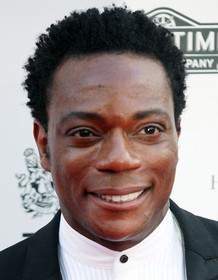
Chukwudi Iwuji

Christopher Hagen

Winsome Brown

Michael Angelo Covino
Almay

Andy Kastelic
Union Duty Officer

Brenden Wedner
Young Progressive Speaker

Chris Bylsma
Red River Heckler

Cynthia Casaus

David Hight

Francheska Bardacke

J. Nathan Simmons

Jeff Ware

Jeffrey Ware
Red River Heckler

John Travis Johnson

Justin Tade
Red River Heckler

Michelle Campbell

Neil Sandilands

Stafford Douglas
Dallas Federal Officer

Stephanie Hill

Steve Boyles

Tom Astor
Cavalry Lieutenant

Travis Johnson
Cavalry Rider
External Links and Streaming Options
Discover where to watch News of the World online, including streaming platforms, rental options, and official sources. Compare reviews, ratings, and in-depth movie information across sites like IMDb, TMDb, Wikipedia or Rotten Tomatoes.
Ratings and Reviews for News of the World
See how News of the World is rated across major platforms like IMDb, Metacritic, and TMDb. Compare audience scores and critic reviews to understand where News of the World stands among top-rated movies in its genre.

The Movie Echo Score
Overall, News of the World offers a visually rich and emotionally grounded Western that resonates through its strong direction and lead performances. While critics and many viewers commend the film’s thoughtful craftsmanship and authentic period detail, several note its deliberate pacing and occasional predictability. The narrative unfolds at an unhurried rhythm that may test some audience patience but rewards engagement with its nuanced character interplay. In sum, the film leaves a favorable impression anchored by its artistry and heart.
The Movie Echo Score Breakdown for News of the World

Art & Craft
In terms of art and craft, the film excels in its measured direction and striking cinematography. Reviewers frequently highlight the expansive compositions and seamless visual transitions that evoke the rugged landscape. The production design captures authentic period detail without distracting from the narrative. Overall, the craft remains largely invisible in a positive way, supporting the story through restrained editing and cohesive visual language.

Character & Emotion
In terms of character and emotion, performances are widely recognized for their nuanced depth and sincerity. Critics praise the chemistry between leads, noting how the dynamic interaction conveys genuine care and gradual trust. Viewers often remark on the subtle emotional stakes that underpin each exchange, lending resonance to key moments. Together, these elements foster a believable bond that anchors the film’s emotional core.

Story & Flow
When it comes to story and flow, the film adopts a deliberate pace that divides opinion. While many praise its clear narrative trajectory and thematic consistency, several note moments of predictability and minimal action. The straightforward plot delivers coherent progression but may feel overly familiar to seasoned Western audiences. Overall, the measured unfolding enhances thematic depth even as it challenges engagement for some viewers.

Sensory Experience
Regarding the sensory experience, the film presents a cohesive visual style complemented by a restrained musical score. Critics and viewers highlight the naturalistic sound design that immerses the audience in ambient elements like creaking wheels and wind-swept plains. The soundtrack supports rather than overwhelms the images, reinforcing mood through subtle thematic motifs. The unified audio-visual approach strengthens the sense of authenticity throughout.

Rewatch Factor
In terms of rewatch factor, opinions are varied given the film’s steady rhythm. Some viewers appreciate renewed insights into character interactions upon subsequent viewings, noting the subtle period details that become more apparent. Others find the narrative too familiar to warrant multiple viewings, citing its predictable structure. In balance, the film offers modest replay value, particularly for those drawn to its character dynamics and artisanal craft.

73
Metascore
6.9
User Score


88%
TOMATOMETER

89%
User Score

6.8 /10
IMDb Rating

70
%
User Score

3.2
From 24 fan ratings

4.13/5
From 31 fan ratings
Take the Ultimate News of the World Movie Quiz
Challenge your knowledge of News of the World with this fun and interactive movie quiz. Test yourself on key plot points, iconic characters, hidden details, and memorable moments to see how well you really know the film.
News of the World Quiz: Test your knowledge of the film 'News of the World' and its poignant story of Captain Kidd and Johanna.
Who plays the character Captain Jefferson Kyle Kidd?
Tom Hanks
Brad Pitt
Matthew McConaughey
Denzel Washington
Show hint
Awards & Nominations for News of the World
Discover all the awards and nominations received by News of the World, from Oscars to film festival honors. Learn how News of the World and its cast and crew have been recognized by critics and the industry alike.
93rd Academy Awards 2021
Cinematography
Music (Original Score)
Production Design
Sound
74th British Academy Film Awards 2021
Best Cinematography
Best Original Music
Best Production Design
Best Sound
26th Critics' Choice Awards 2021
Best Picture



Best Production Design
Best Score
27th Annual Screen Actors Guild Awards 2021

Outstanding Performance by a Stunt Ensemble in a Motion Picture
78th Golden Globe Awards 2021

Best Original Score
Full Plot Summary and Ending Explained for News of the World
Read the complete plot summary of News of the World, including all major events, twists, and the full ending explained in detail. Explore key characters, themes, hidden meanings, and everything you need to understand the story from beginning to end.
In the tumultuous year of 1870, we follow Captain Jefferson Kyle Kidd, portrayed by Tom Hanks, a former Confederate officer who ekes out a living traversing Texas. Kidd’s unique trade involves reading the news to residents of various towns for a mere ten cents per person. His journey takes an unexpected turn when he stumbles upon an overturned wagon, discovering the body of a lynched black freedman. Amid this grim scene, he finds a young girl who identifies herself as Cicada and speaks only Kiowa.
Upon checking her papers, Kidd learns that this girl is actually Johanna Leonberger, played by Helena Zengel, who has undergone a harrowing experience—having been kidnapped and raised by the Kiowa six years prior. After Union troops uncover Johanna while breaking up a Kiowa camp, she is placed in the care of the freedman for a journey to her rightful relatives. A passing Union patrol instructs Kidd to deliver Johanna to Union officials in a town further down the road, leaving him with little choice but to comply.
Upon reaching town, Kidd discovers that the Bureau of Indian Affairs representative won’t be available for three months. Initially, he considers leaving Johanna with friends Simon and Doris Boudlin, played by Ray McKinnon and Mare Winningham, respectively. However, after an incident where Johanna desperately attempts to flee with a group of Native Americans during a storm, Kidd realizes he must ensure her safety and undertakes the responsibility of returning Johanna to her family in Castroville, located about 400 miles away. With Simon providing him a sidearm and ammunition, Kidd sets off, armed with both his shotgun and determination.
Set in the shadow of the aftermath of the U.S. Civil War, the country is rife with tension—southern folks refuse to accept their new reality as abolition takes hold. After six arduous days of travel, Kidd and Johanna find themselves in Dallas, where they face the grim reality of several weeks more of hiking ahead. The landscape is marred by violence as whites and Native Americans clash over land rights.
In Dallas, a stop at a local inn run by Ella Gannett (Elizabeth Marvel), who understands Kiowa, reveals devastating news: Johanna’s adoptive family has been killed, making her an “orphan twice-over.” Later that night, while reading the news, Kidd and Johanna encounter hostility from three ex-Confederate soldiers intent on purchasing Johanna. Their escape into the wilderness is fraught with danger, but Kidd manages to outsmart and defeat the men, thanks in part to Johanna’s clever suggestion to use his previously earned dimes as makeshift ammunition.
As they approach Erath County, they are apprehended by a group of militiamen led by the racist cattle baron Farley (Thomas Francis Murphy), who has violently expelled all non-white residents. Under duress, Kidd finds himself coerced into reading propaganda that praises Farley. Instead, he chooses to highlight a recent disaster in a Pennsylvania coal mine, igniting rebellion among Farley’s workers. Amid the ensuing chaos, Kidd and Johanna make a daring escape, but not before Johanna takes decisive action to save Kidd’s life by using his shotgun to kill Farley.
Their perilous journey continues as misfortune strikes—Kidd loses their wagon and their last horse is tragically injured. After making the humane choice to put down the horse, they press forward on foot. Battling through the heat and a fierce sandstorm, they encounter a generous band of Kiowa who provide Johanna with a horse, aiding their quest.
Ultimately, they reach the Leonberger family homestead. Kidd, albeit reluctantly, leaves Johanna with her aunt and uncle. They offer him a reward, but he insists they invest in books for Johanna, enabling her to learn to read. With a heavy heart, he continues on to San Antonio to visit the grave of his late wife, Maria, who succumbed to cholera while he was serving. In this emotional farewell, Kidd comes to a poignant realization: Johanna has become a part of his family.
Resolute, he rides back to her, seeking forgiveness for leaving. Johanna’s aunt and uncle allow Kidd to raise her when it’s clear she struggles to adapt to life on the farm. In a heartwarming conclusion, we see Captain Kidd reading the news to an engaged crowd, with Johanna by his side, proudly introducing her as his daughter—Johanna Kidd.
Uncover the Details: Timeline, Characters, Themes, and Beyond!

Coming soon on iOS and Android
The Plot Explained Mobile App
From blockbusters to hidden gems — dive into movie stories anytime, anywhere. Save your favorites, discover plots faster, and never miss a twist again.
Sign up to be the first to know when we launch. Your email stays private — always.
Watch Trailers, Clips & Behind-the-Scenes for News of the World
Watch official trailers, exclusive clips, cast interviews, and behind-the-scenes footage from News of the World. Dive deeper into the making of the film, its standout moments, and key production insights.
News of the World Themes and Keywords
Discover the central themes, ideas, and keywords that define the movie’s story, tone, and message. Analyze the film’s deeper meanings, genre influences, and recurring concepts.
News of the World Other Names and Titles
Explore the various alternative titles, translations, and other names used for News of the World across different regions and languages. Understand how the film is marketed and recognized worldwide.
Similar Movies To News of the World You Should Know About
Browse a curated list of movies similar in genre, tone, characters, or story structure. Discover new titles like the one you're watching, perfect for fans of related plots, vibes, or cinematic styles.
Quick Links: Summary, Cast, Ratings, More

What's After the Movie?
Not sure whether to stay after the credits? Find out!
Explore Our Movie Platform
New Movie Releases (2026)
Famous Movie Actors
Top Film Production Studios
Movie Plot Summaries & Endings
Major Movie Awards & Winners
Best Concert Films & Music Documentaries
Movie Collections and Curated Lists
© 2026 What's After the Movie. All rights reserved.












